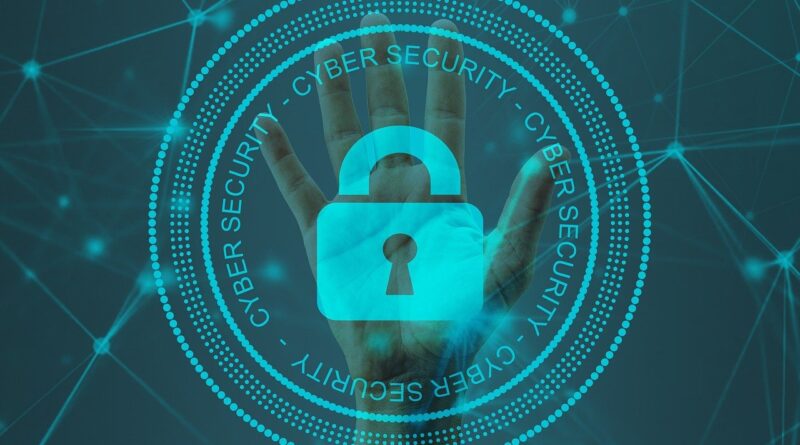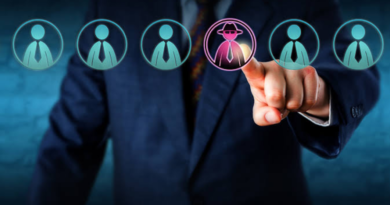Boost your cybersecurity with these amazing tips!
At some point in our lives, we have heard our friends complain about someone who hacked their phone or their social media accounts. Companies have always had to be on toes to avoid their data being exposed to the public without their consent. So, cybercrime is still on the rise and this is why we insist everyone has to be vigilant to at least ensure their data is secured.

Which cybercrimes are on the rise?
• Crypto-jacking
The use of cryptocurrencies is an emerging trend and its use is highly encouraged. However, it is not as secure as hackers have found a way into the system and massive damage is on the rise. The users of bitcoin and other cryptocurrencies such as lite coin are in the spotlight in the eyes of hackers.
The hackers access the computer of the user and overload it with crypto mining codes that slow the user’s computer. On the other hand, a prompting email that is convincing enough pops prompting the user to click it, and once done, it runs in the background as the user works. This is one of the methods the hackers use to illegally mine using the owner’s account.
Another common method used is injecting your system with Trojans. Trojans have the ability to access any information on your computer including your public key; sort of a bank account to withdraw funds from and a private key; a code that acts as a password to your e-wallets. With access to these two, your cryptocurrencies are not secure.
Phishing emails are common to almost all of us in the 21st century. Hackers send an email about system updates and when updating your information, unfortunately, the hackers access it and can use it against your own will for their own benefit. This way, one day you just wake up to zero coins in your wallet.
What can be done to ensure we all have a secure e-wallet and go through our normal lives without the worry of being hacked? It is evident we need to be on the lookout and know how to protect ourselves from unethical hackers.
- Use a strong password. Avoid using obvious passwords such as your date of birth or that of a relative. Be creative and create an alphanumeric password that will be easy for you to remember.
- Use a good anti-virus. You could even opt to purchase one of these if it can give you a good service and block injectable viruses such as Trojans. Also, remember to keep your anti-virus up to date and learn the new features that come with it.
- Ensure your private key is offline. This will make it hard for the hackers to access it keeping you and your wallets safe.
- Avoid unknown or suspicious links an emails. They might mimic that of cryptocurrencies but be sure it is from the legit company before clicking the link.
- Back up your digital wallet. This will allow you to access your currencies in case you lose your computer or it is stolen. This will also allow you to block unauthorized users remotely.
• Data breach
Personal information shared over the internet is not secured. Information on our profiles on social media is not secure either. Your certificates that are not encrypted and are on your laptop are neither secured nor completely personal. Anyone could access this information and use it for their personal gains.
Data privacy is a motion that is highly encouraged all over the world. Hackers could access data that is valuable to you and ask for an amount of money so that you could access it back. This is a new trend as even politicians use this against their opponents. They access sensitive information then use it to threaten the opponent to step down or expose it to the public and media houses.
Personal information is very sensitive. The use of ransomware is also on the rise where software is maliciously installed into the system and continuously displays a prompting message demanding a fee to be able to access the computer.
Unfortunately, most of us have fallen victims of this act. The good news is that there is an anti-ransomware procedure.
i. Use of automatic file recovery
ii. User file protection
iii. Attacker behavioral analysis program.
To avoid unauthorized access to your information, consider the use of biometric identification where your fingerprint or iris can be used to protect your data. The levels of authentication which include single factor, two factor, and multiple factor authentications are also handy to an individual.
Consider using a reliable firewall. This will filter all the incoming and outgoing network traffic based on your own preferences.
• Cloud security
A multibillion company such as Netflix relies on cloud computing to stream is videos to their consumers. It is evident this is an emerging trend that is saving companies the cost of owning and building their own infrastructure. However, the question at hand is how secure is it for companies to rely on cloud computing to avoid deletion, theft, or leakage of their online data?
The main challenge facing cloud computing is allowing the staff to easily access the data stored in the cloud. This has seen the introduction of APIs (Application Programming Interfaces) that allows the company staff to access data remotely.
However, the use of insecure APIs has led to unauthorized access to the cloud. The use of secure APIs is as important as securing the data in the cloud.
Companies and individuals have been discouraged from storing sensitive and personal information in the cloud. However, this is not easy to dodge as one just needs a secure application to store their data. Strong passwords are encouraged to protect your data in the cloud together with a backup as anything bad could happen. However, cloud computing is considered to be secure as it has very experienced cybersecurity experts, and cloud misconfigurations are minimal.
Consider cybersecurity as important as your own personal security.



